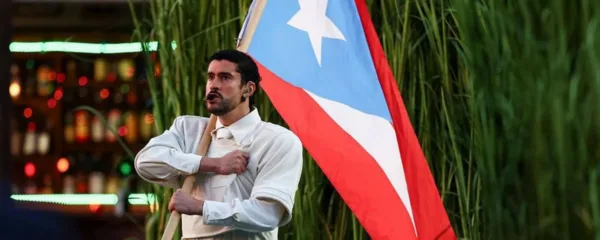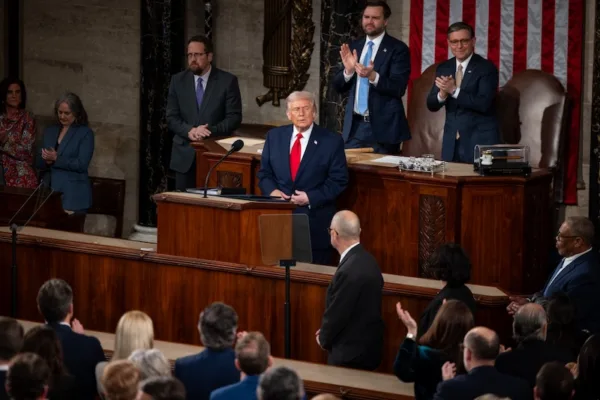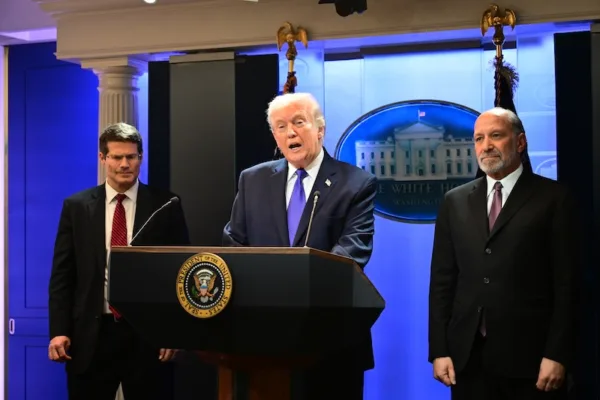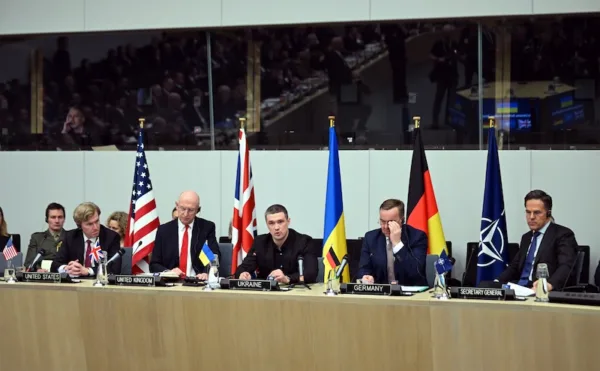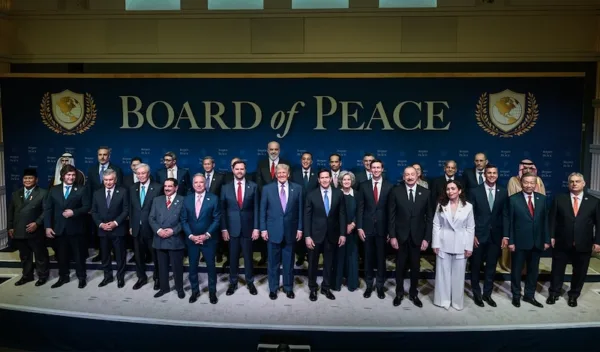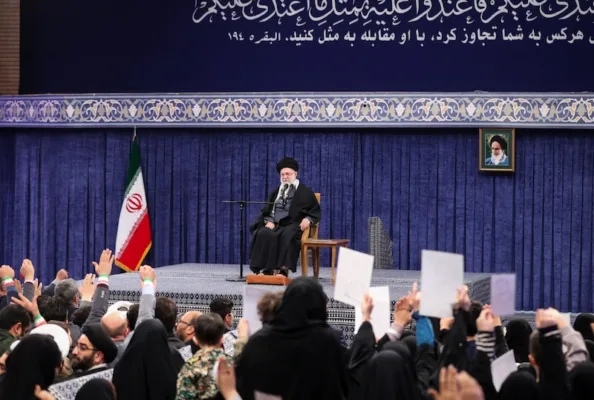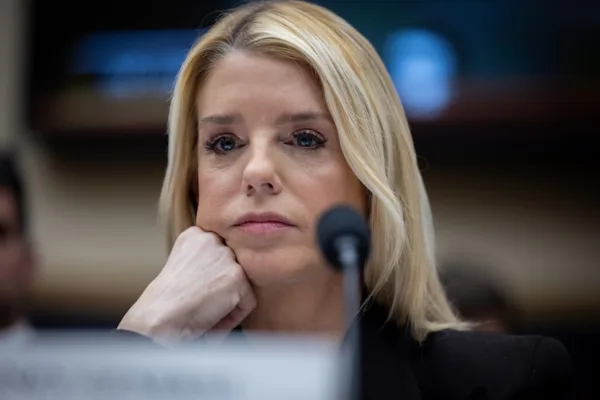Türkiye-Iran Relations and the Regional Dynamics
As the geopolitical landscape of the Middle East continues to evolve, several key developments have introduced new dynamics in Turkish-Iranian bilateral ties. The shifting dynamics in Syria have placed Tehran at odds with Ankara during the crisis, but the two regional powers have managed to engage in dialogue through the Astana process, alongside Russia. As Turkish-Syrian relations have shown signs of thawing in recent months, the potential implications for Türkiye-Iran relations remain uncertain. The recent Iran-Saudi Arabia deal, brokered by China, marks a significant milestone in regional diplomacy in a new era of rapprochement between two long-term rivals. The ongoing tensions between Israel and Iran, as well as the lack of progress in the nuclear file, have potentially significant implications for Türkiye’s relations with Iran. How will the Astana process impact their bilateral ties? Can the Iran-Saudi rapprochement open new doors for stability in the Middle East? What role does Iran’s nuclear program play in shaping Türkiye’s perspective on the regional dynamics?
The SETA Foundation at Washington DC is pleased to convene a panel of experts to shed light on the complex regional factors influencing Turkish-Iranian bilateral ties.
Speakers
Alex Vatanka, Founding Director of the Iran Program, Middle East Institute
Hakkı Uygur, President, Center for Iranian Studies (İRAM)
Kadir Ustun, Executive Director, The SETA Foundation at Washington DC
Moderator
Kilic Kanat, Executive Director, The SETA Foundation at Washington DC

